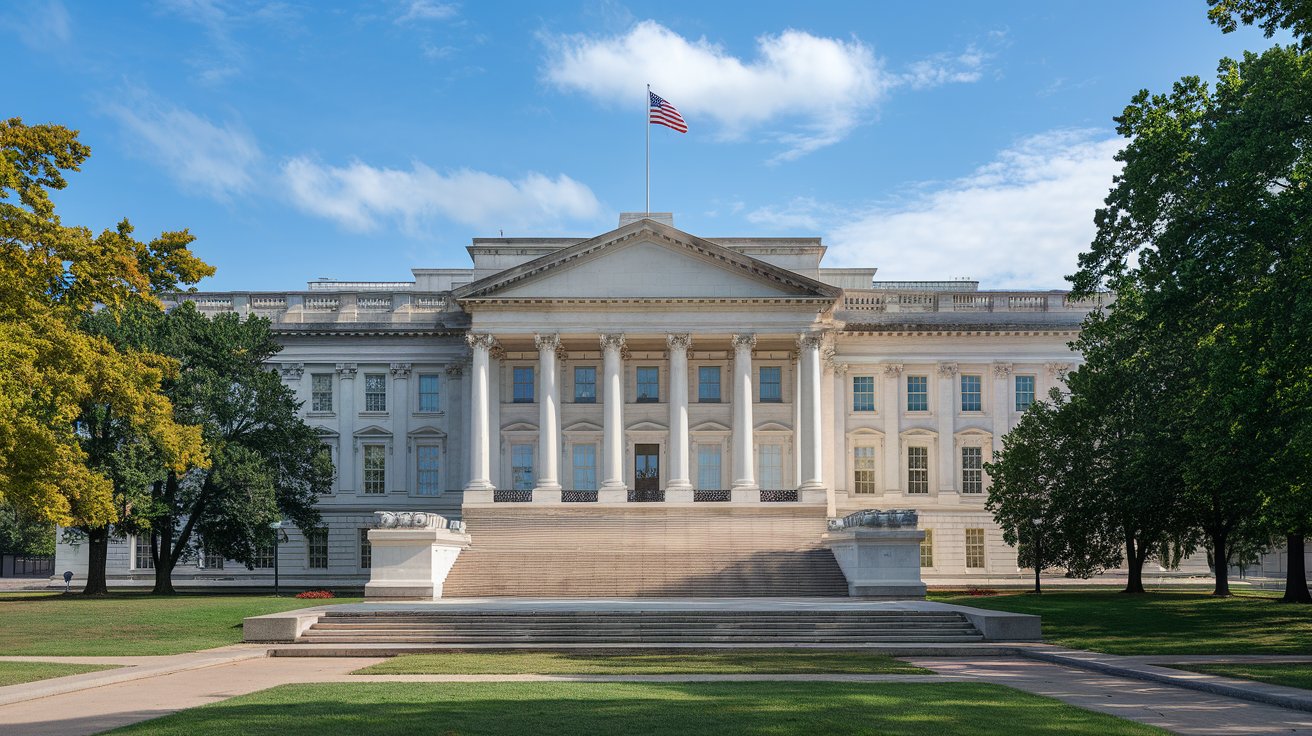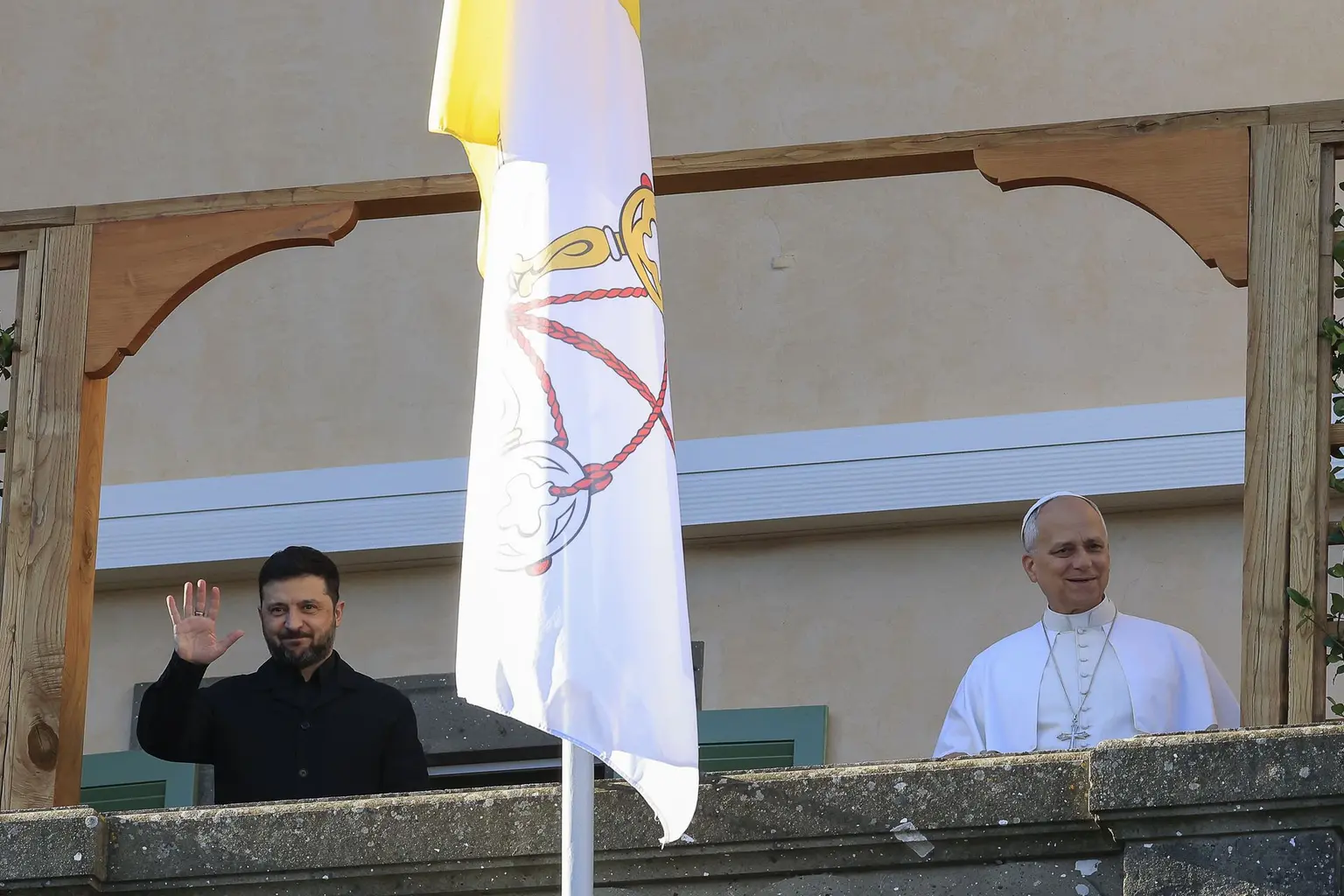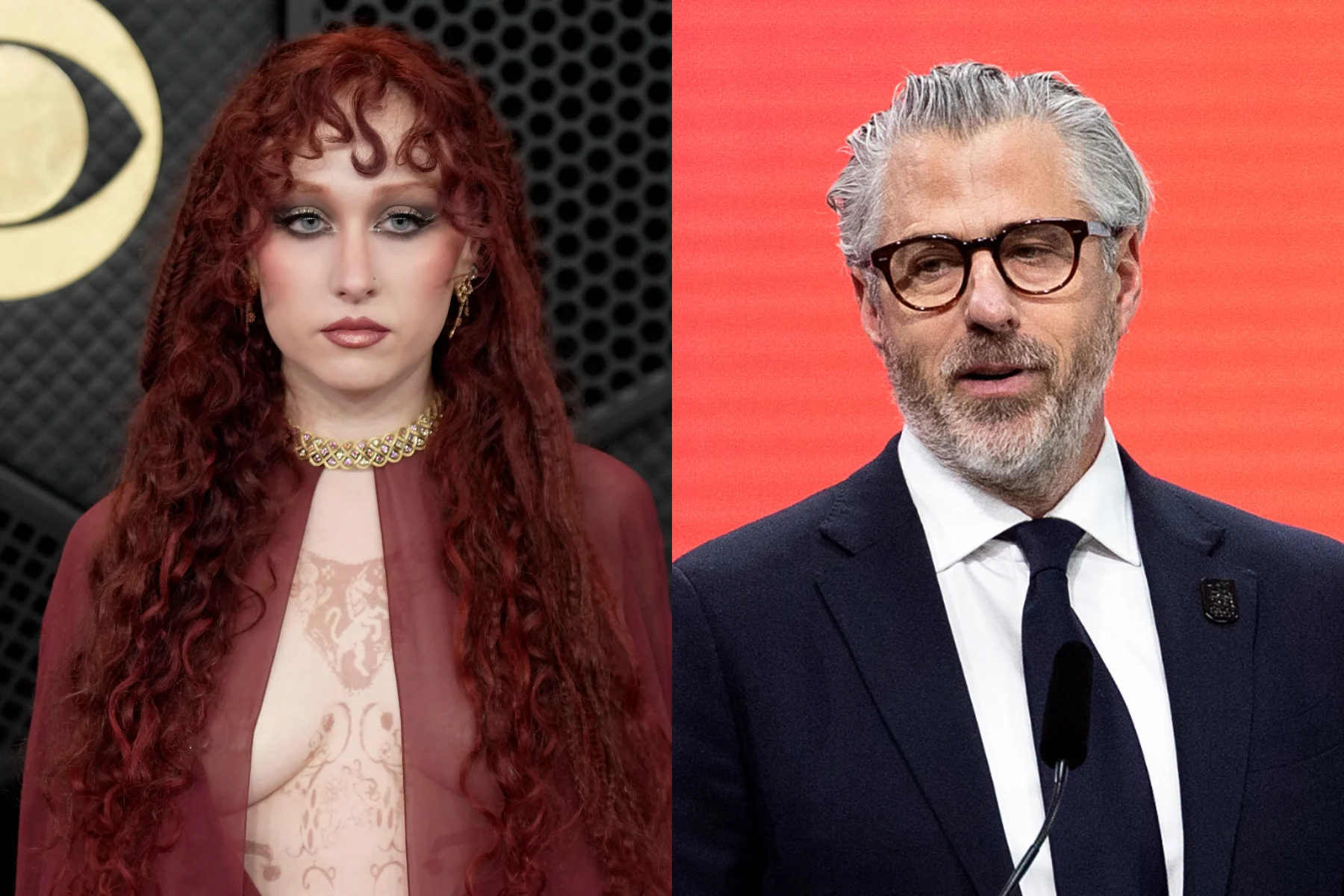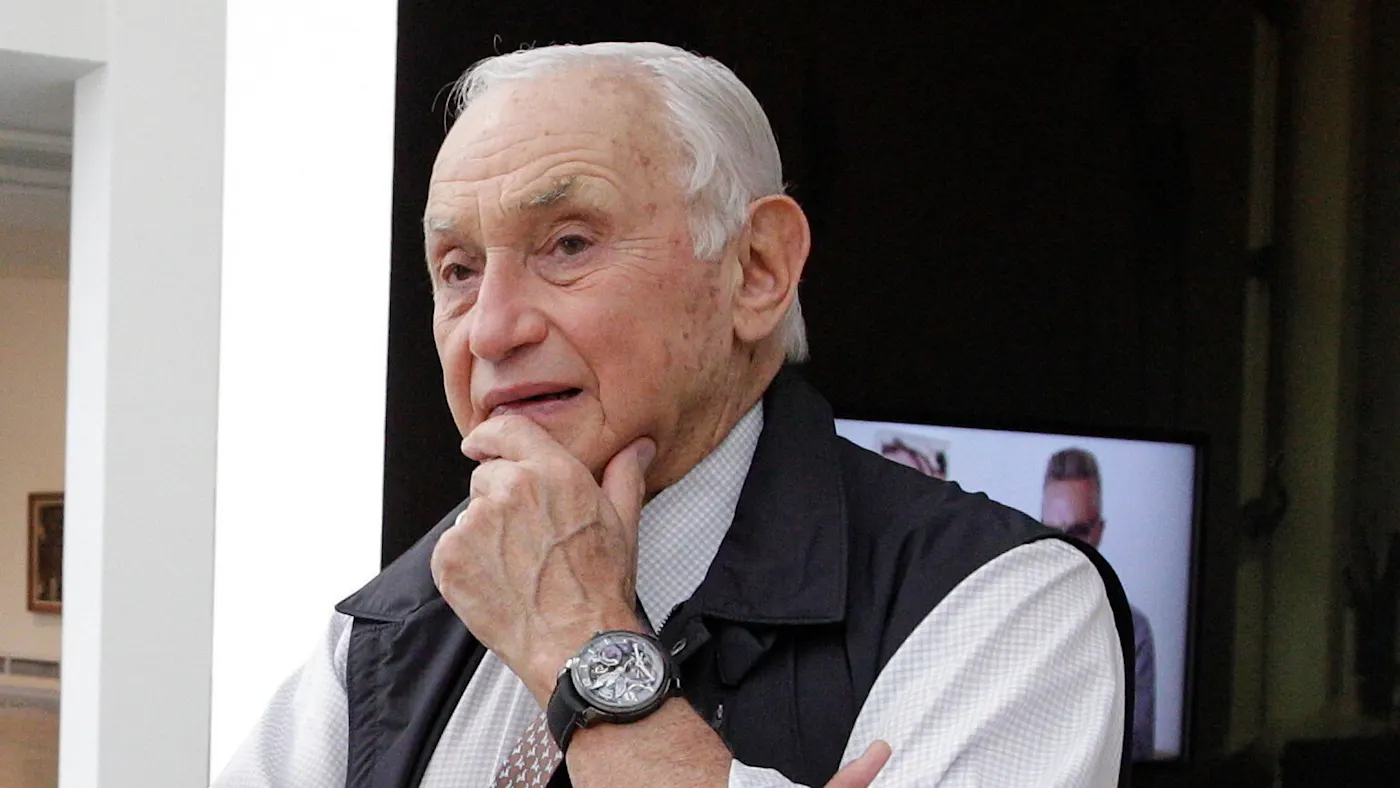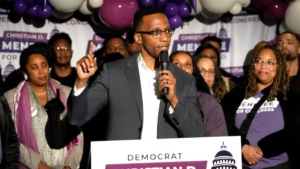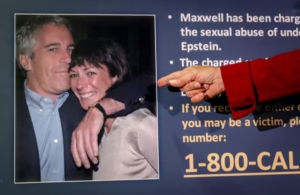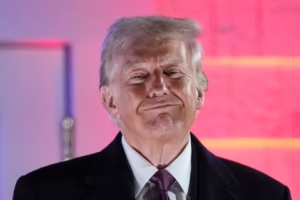Trump Fires Independent Inspectors General in Friday Night Purge:
In a controversial move that has sparked widespread criticism, former President Donald Trump fired 17 independent inspectors general from various federal agencies in what some are calling an unprecedented Friday night purge. The decision, which came without the legally required 30-day notice to Congress, has raised serious concerns about the future of government accountability and transparency.
The Role of Inspectors General in Government Oversight
Inspectors general (IGs) serve as nonpartisan watchdogs, tasked with ensuring that government agencies operate efficiently and without corruption. Their job is to investigate waste, fraud, and abuse within federal departments, making their dismissal a significant blow to oversight mechanisms.
The inspectors general affected by the mass firing were from key agencies, including:
- Department of Defense
- Department of State
- Department of Agriculture
- Department of Health and Human Services
By removing these oversight officials, critics argue that the administration has compromised the independence of agencies responsible for maintaining transparency in government operations.
Legal and Political Backlash
The firing of these inspectors general has triggered a legal and political firestorm. Under the Inspector General Act, the President is required to notify Congress at least 30 days before removing any IG and must provide a valid reason. In this case, Trump’s abrupt action has led to accusations of legal violations.
Democratic Congressman Adam Schiff stated that the action “clearly breaks the law” and undermines trust in federal oversight. Even some Republicans have expressed concern over the decision. Senator Lindsey Graham commented, “While technically a violation, the President has the authority, but we need to ensure these roles are filled with qualified individuals.”
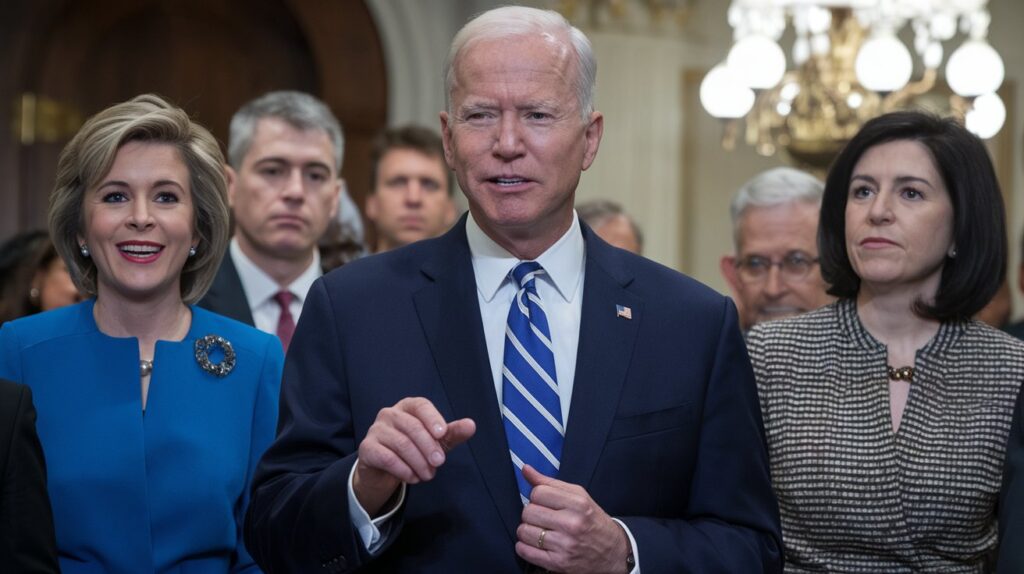
The Council of the Inspectors General on Integrity and Efficiency (CIGIE) has also condemned the move, warning that it could erode public trust in federal oversight processes.
Historical Context and Patterns
This isn’t the first time Trump has dismissed inspectors general. During his administration, multiple watchdogs were removed after conducting investigations into various government operations, fueling speculation that these firings are part of a broader effort to consolidate control over executive agencies.
The trend of removing oversight officials raises questions about the balance of power between the executive branch and independent monitoring bodies, which are crucial for maintaining governmental integrity.
Public and Expert Reactions
Public reaction to the purge has been mixed. While some supporters argue that Trump is well within his rights to make these changes, watchdog groups and political analysts see it as a dangerous precedent that could weaken institutional accountability.
Experts in government ethics have called for immediate congressional intervention to restore checks and balances within the federal system. Advocacy groups, such as the Project On Government Oversight (POGO), have urged bipartisan efforts to protect the independence of inspectors general.
What Happens Next?
The removal of these 17 watchdogs leaves a significant gap in government oversight. As Congress deliberates on how to respond, it remains to be seen whether new legislation will be introduced to strengthen protections for inspectors general.
In the meantime, many are calling for increased public awareness and engagement on the issue, urging citizens to demand greater transparency and accountability from their leaders.
Conclusion
The Friday night purge of inspectors general by Donald Trump is a landmark event that raises serious concerns about the future of government oversight in the United States. As legal challenges and political debates unfold, it is crucial to understand the role of these watchdogs and why their independence matters.
Stay informed and engaged—government accountability affects us all. [USnewSphere.com]


